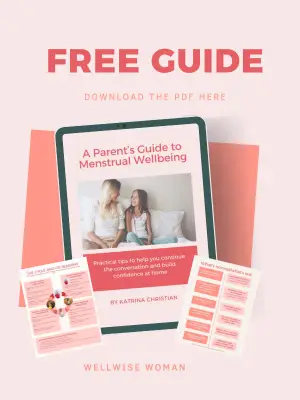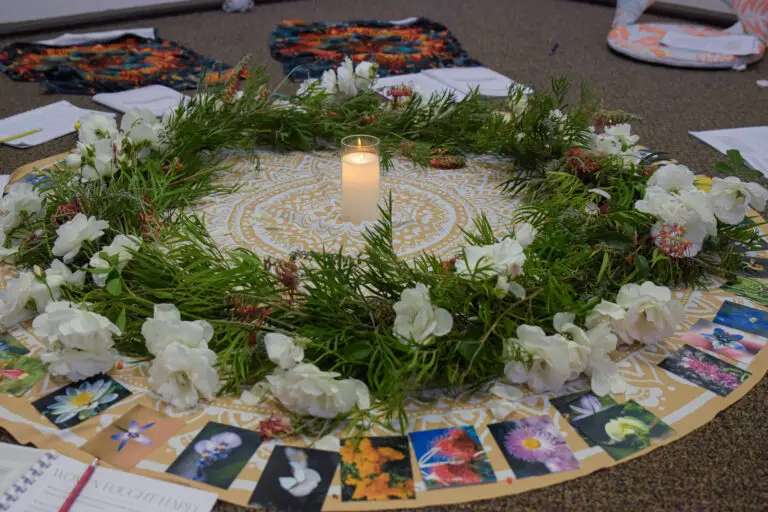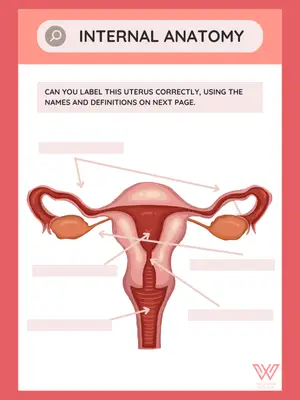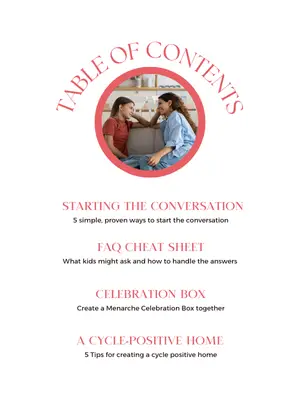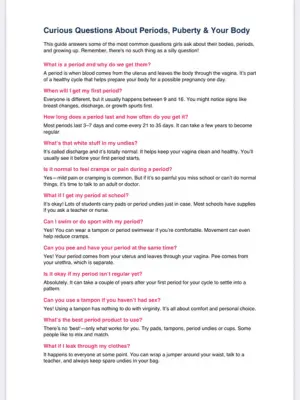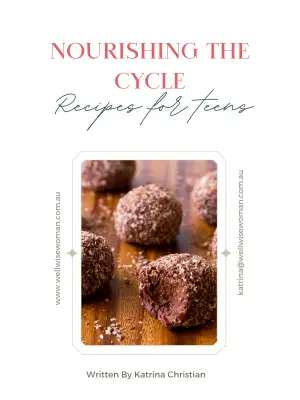Perimenopause Resources
Support for women navigating the transition and life changes
Unmasking symptoms
Health & wellbeing during transtion
Access to support & information
Supporting mothers & daughters
Mums & daughters
Rites of Passage
Bespoke ceremonies, circles and workshops to celebrate Puberty, Menarche and coming-of-age. Improve confidence, connection and sense of self
School Programs
Year 4-10
Improve students’ understanding of their body, so they feel confident and comfortable whilst still attending school during their period
Girls Need More Than Biology Lessons During Puberty
Expect 30%
drop in girls' confidence
between the ages
of 10 and 14
during puberty
Over 50%
girls report feeling uncomfortable or embarrassed during puberty
A huge 87%
girls say open talks with parents help them delay sexual activity and avoid pregnancy
So, how can we open up these conversations?
Start early and often
Many micro conversations are better than one big, scary ‘talk’. Normalise body parts and period facts and encourage open discussion at any time.
Use your own experiences to address body changes, period blood, energy and mood shifts throughout the cycle. Use natural opportunities to share information in age appropriate ways.
Help her understand what is 'typical'
Typical gives us a healthy range of what to expect. Her ‘normal’ will be different to her peers.
Expect her first period between ages 9-15 years old. Research suggests that the age of Menarche (first Period) is getting younger.
The earlier we can prepare our girls, in gentle, age appropriate ways, the better.
If your daughter is an early or late bloomer; she may need even more support as she navigates this.
Know that it's normal to feel awkward
It’s very normal to feel a little awkward – especially if this is the first conversation you are having. When we were growing up; periods were a taboo topic.
Acknowledge the awkwardness but also explain that Puberty and Periods are normal and healhty to discuss and the more we do; the less embarrassment we will feel.
At Wellwise Woman, we believe the best way to protect our girls from shame is to fill them with truth, body knowledge, and emotional support—early, gently, and often.
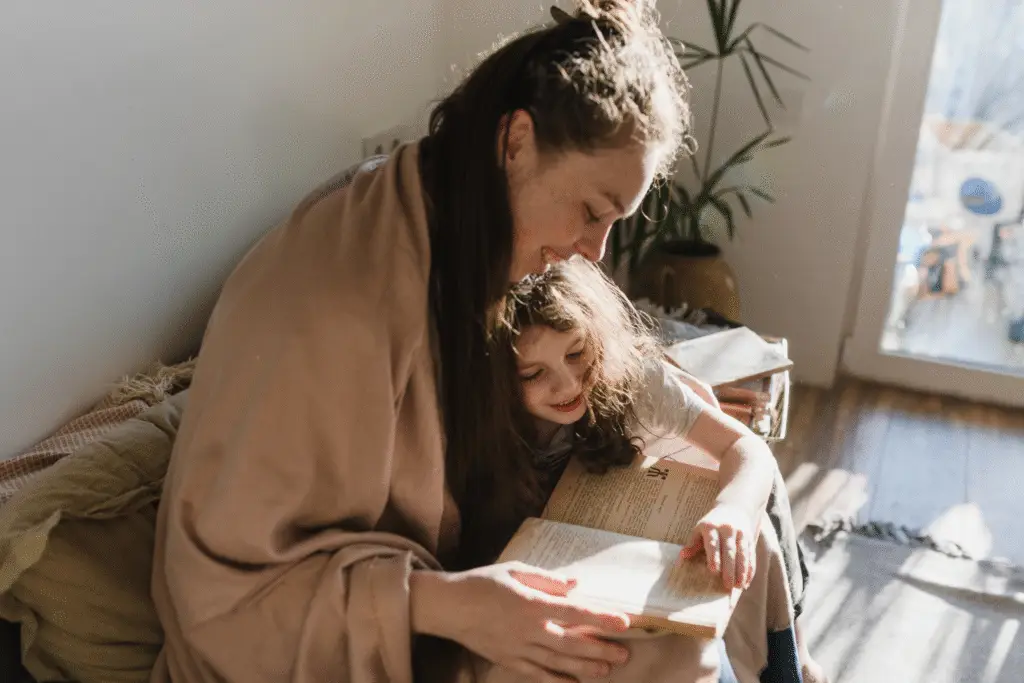
Parent Session
Online | Face to face
1 X 60 min session giving parents clear, practical ways to support cycle health, reduce school disruption, and have confident conversations at home.
Content:
- Not 'just a period talk'
- Navigating body changes in a modern world
- What happens when we aren't having the conversations
- What the research tells us about teen mental health & body confidence
- Pracitcal tools; how to work with her cycle
- Understanding what's typical for teen periods
- Helpseeking map; when/how to find menstrual health specialists
Downloadable parent's guide;
'First Period Starter Kit'
How to celebrate her First Period (for Parents)
A downloadable guide to
fear-free periods with your child
"Shame fills the space where there’s a lack of knowledge.”
- Jane Hardwicke Collings
Conversation starters & guides
Period pain assessments
Period pain
screening
A short 5-question PIPPA screen developed by Canberra Health Services.
Period pain self management tool
Explore Canberra Health Services’ tools for managing period symptoms
Notes for GP
appointment
Download a letter to help you explore the best treatment path for period pain
What parents are saying
The Wellwise approach
- Age-appropriate content approved by GP and Specialists
- Celebrates the strength and wisdom of the menstrual cycle
- Teaches practical skills: period care, emotional regulation, cycle awareness
- Builds self-worth, not just body knowledge
Encourages open communication between parent and child - Supports mums, dads, carers and educators
Meet Katrina Christian
Founder, Teacher & Menstrual Health Educator
With years of experience working in schools (and raising a tween and a teen herself), Katrina knows just how powerful it is when girls are taught to trust their bodies. She specialises in girls’ wellbeing, with a focus on the knowledge, wisdom, and power of the menstrual cycle.
Her presentations are real, honest, and empowering—because confidence starts with understanding.

